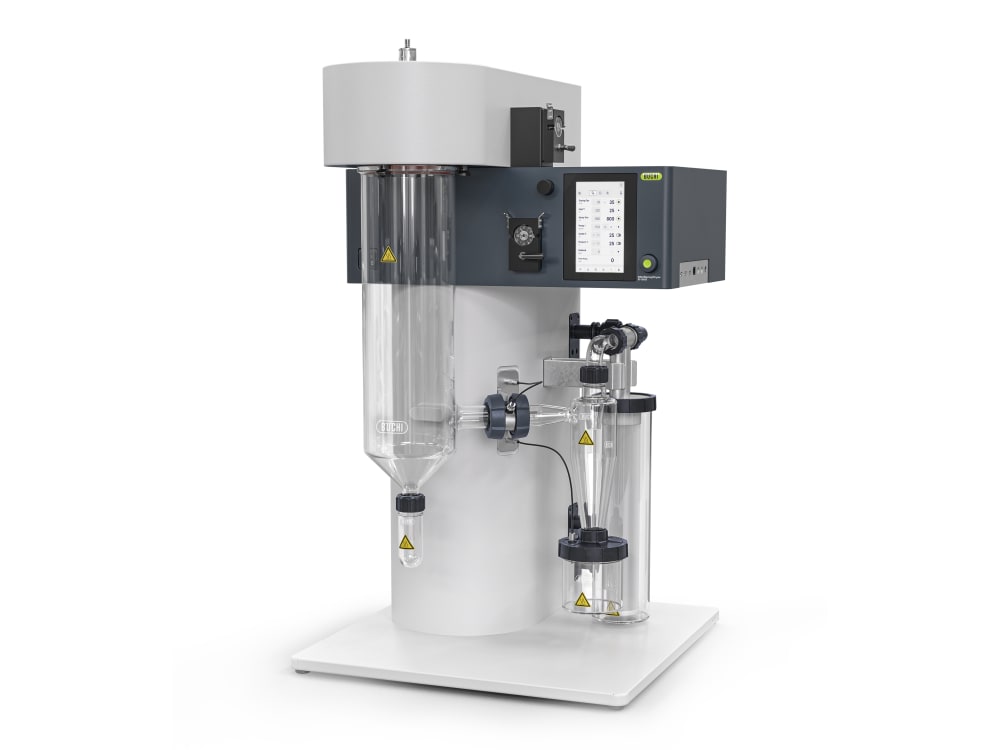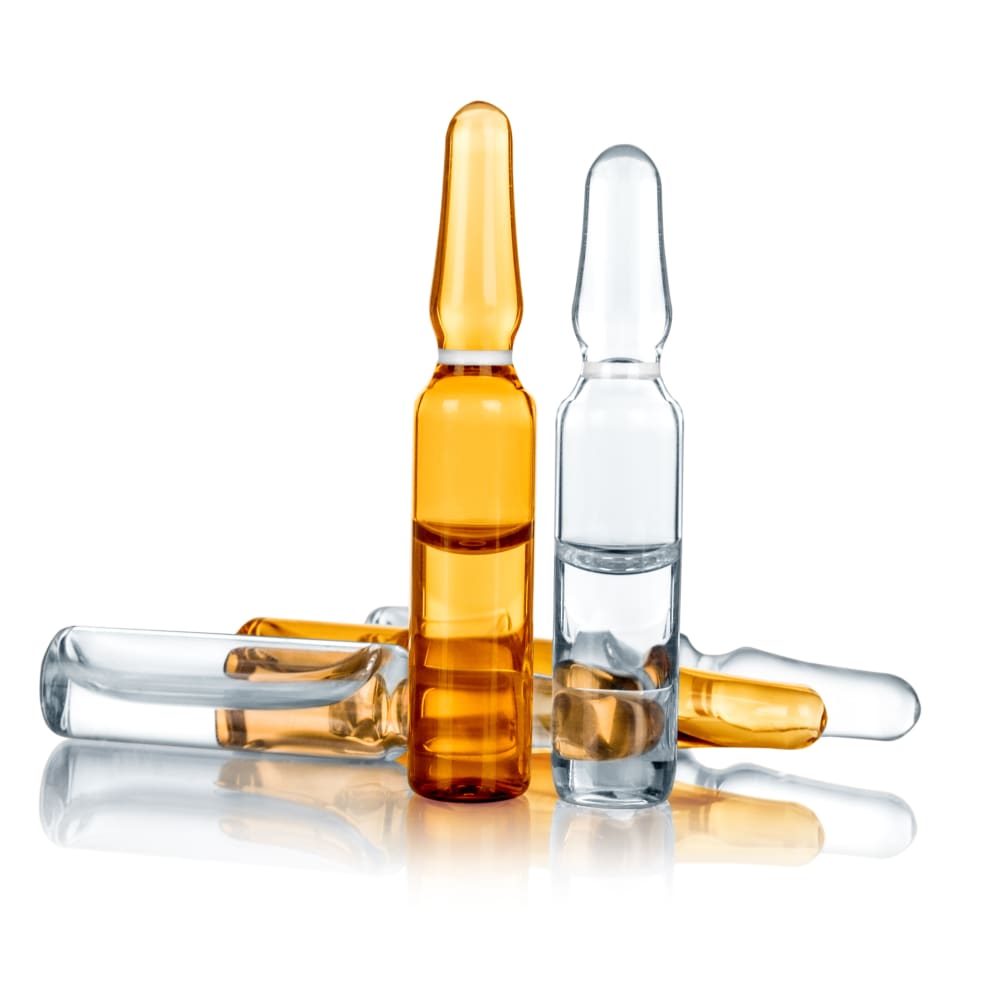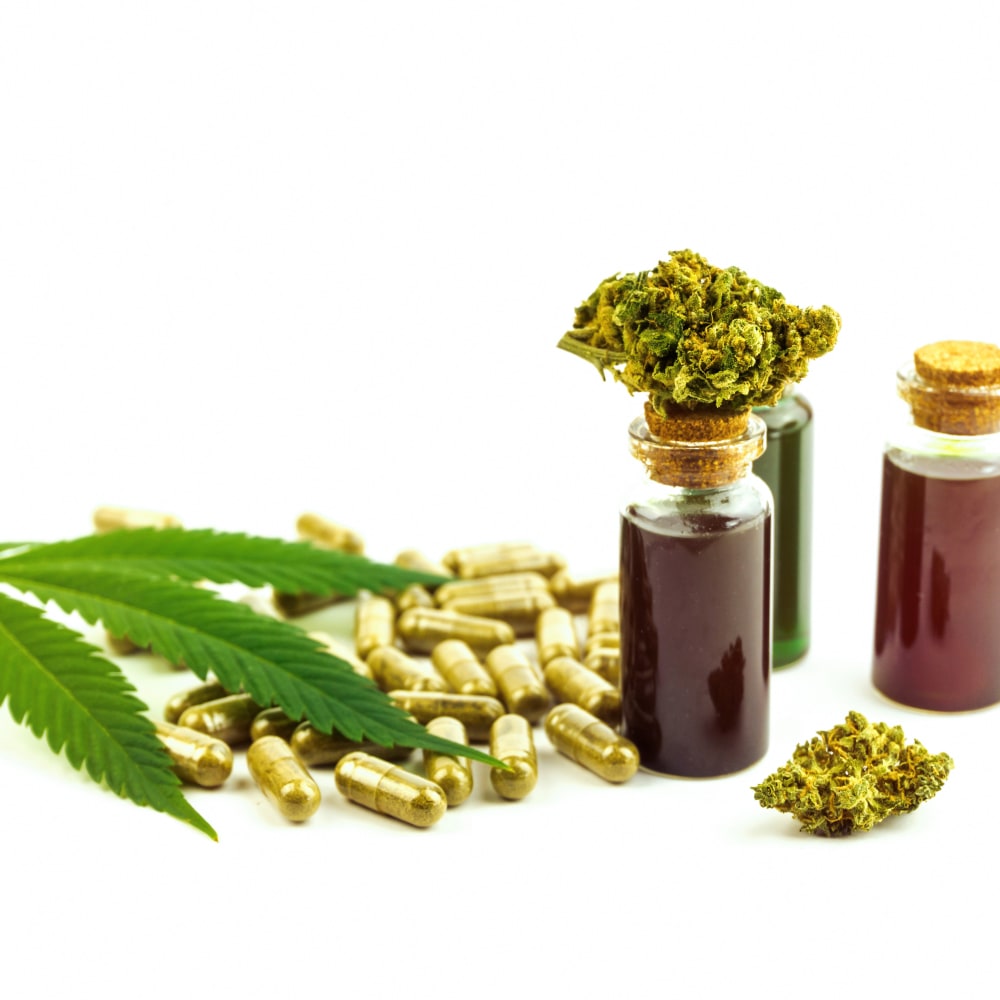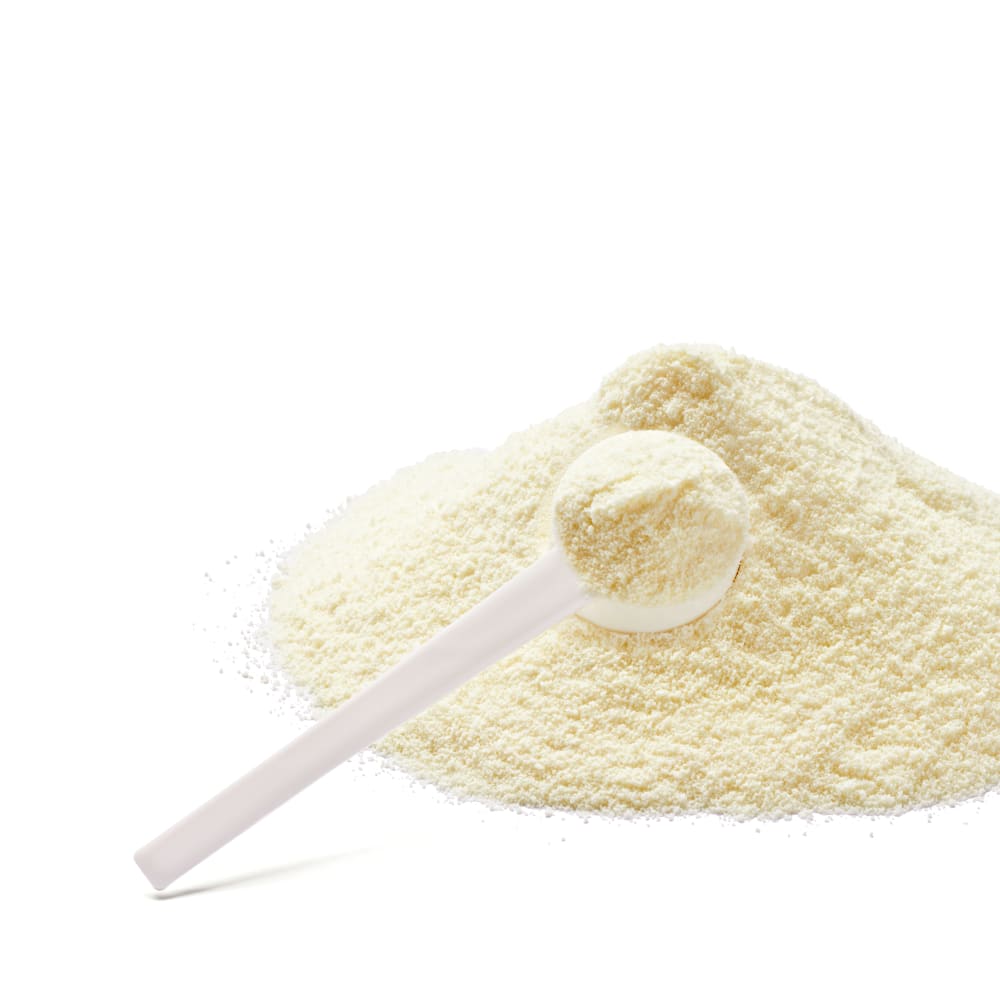Spray Drying of Mannitol and Trehalose
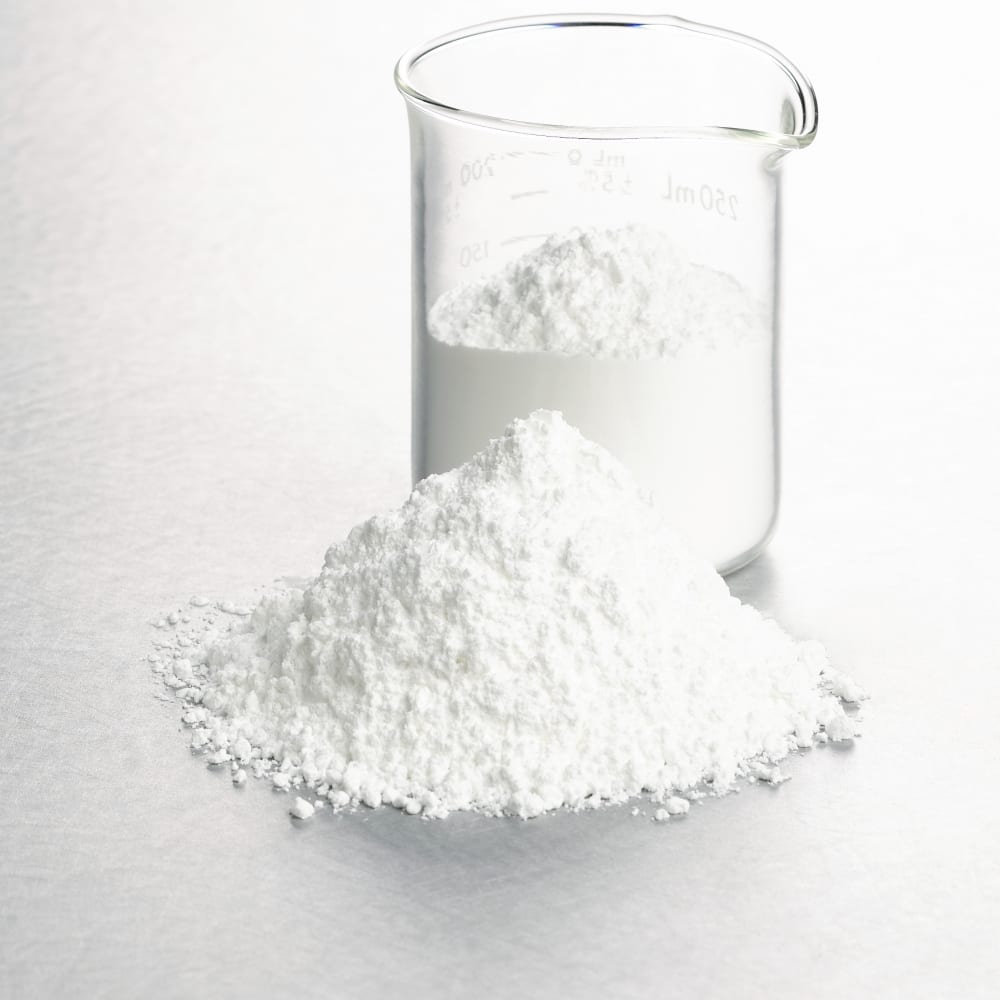
Mannitol and trehalose are two commonly used sugar alcohols that are widely applied in the food, pharmaceutical, and medical industries. Spray drying is a commonly used technique for producing dry powders from liquids, and has been applied to both mannitol and trehalose to create dry, free-flowing powders with improved handling and storage characteristics.
Spray drying of mannitol has been used in a variety of applications, including the production of inhalable drugs, chewable tablets, and sugar-free confectionery products. The process can be used to modify the properties of mannitol, such as controlling its particle size and surface area, and improving its flow and compressibility.
Trehalose has gained increasing attention in recent years due to its unique protective properties for biomolecules and its potential applications in the food, pharmaceutical, and cosmetic industries. Spray drying of trehalose has been used to produce a stable, free-flowing powder with improved solubility and storage stability. It has applications in the production of pharmaceuticals, including vaccines and therapeutics, as well as the food and beverage industry for improving the stability and shelf life of products.
In summary, spray drying of mannitol and trehalose is a promising technology that offers a way to produce stable, dry powders with improved handling and storage characteristics. Its applications extend to many different areas of the food, pharmaceutical, and medical industries.
Please see the application note for starting paramters, formulations and some results.
Registration für Download
Weitere Instrumente
Ähnliche Applikationen
Cosmetics Lab, Teil 2
Erfahren Sie in der 2. Ausgabe von «COSMETICS LAB», wie aus natürlichen Rohstoffen Wirkstoffe entstehen. Profitieren Sie von nützlichen Informationen über Techniken, die in der Kosmetikentwicklung eingesetzt werden. Lernen Sie, wie man Wirkstoffe identifiziert und extrahiert, und wie die Chromatographie zur Reinigung von Rohstoffen genutzt wird. Darüber hinaus bieten wir Ihnen unterhaltsame Fakten, Horoskope, Quizfragen und ein exklusives Interview zur Bekämpfung von Fehlinformationen in der Kosmetikindustrie.

Formulierungstipps für Proben mit Cannabisöl
Mit diesem kostenlosen Whitepaper erhalten Sie nützliche Einblicke in die Sprühtrocknung und Verkapselung, zwei gängige Techniken zur Formulierung von Cannabinoiden. Ausserdem erfahren Sie, warum Cannabinoide in Pulverform benötigt werden.
Nutzen Sie den Leitfaden, um auf einfache Weise eine marktfähige Form von Cannabinoiden herzustellen.
Cosmetics Lab, Teil 3
In der 3. Ausgabe von «COSMETICS LAB» finden Sie alles über die Herstellung von Make-up. Verbessern Sie Ihre Kenntnisse über Formulierung durch aufschlussreiche Informationen über Mikroverkapselung und Sprühtrocknung. Erhalten Sie ausserdem Tipps zur Formulierung von Kosmetika, sowie Rezepte, Quizfragen, Horoskope und lesen Sie ein exklusives Interview mit einem Experten für Mikroverkapselung.

Graphen-basierte Verbundwerkstoffe für Lithiumbatterien durch Sprühtrocknung
Verbundwerkstoffe auf Graphen-Basis können verwendet werden, um die elektrische Leitfähigkeit und das Zyklusverhalten von Lithiumbatterien (LIB) zu verbessern. In diesem Whitepaper erfahren Sie mehr über die erforderlichen Schritte, um mithilfe der Sprühtrocknungstechnik Verbundwerkstoffe auf Graphen-Basis zu erhalten. Erfahren Sie, wie Graphen-basierte Verbundwerkstoffe synthetisiert werden, lernen Sie mehr über die Funktion verschiedener Graphen-Pulver in der Forschung und Entwicklung von Batterien sowie über die Prozessparameter für die Sprühtrocknung verschiedener Graphen-basierter Materialien.


